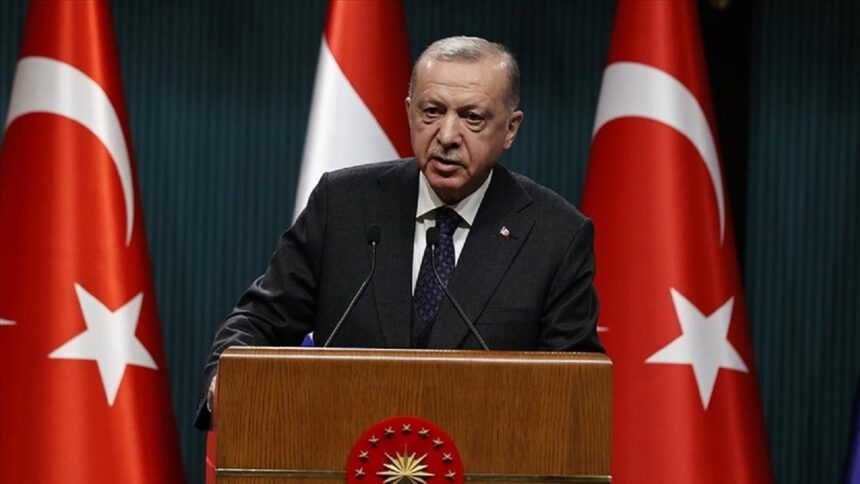Turkish President Recep Tayyip Erdoğan has announced that the outlawed Kurdistan Workers’ Party (PKK) is on the verge of disarming and dissolving itself, signaling what he described as the beginning of a “new era” in Turkey’s decades-long Kurdish conflict, according to reports by Turkish media.
Speaking during a closed-door meeting with ministers and lawmakers at the ruling Justice and Development Party (AKP) headquarters in Ankara on Thursday, Erdoğan declared that “all obstacles” to resolving the armed conflict with the PKK had been overcome.
“Today or tomorrow, the PKK will disarm and dissolve itself,” Erdoğan was quoted as saying by sources present at the meeting. “After that, a new process will begin, a new period for all of us. Politics will have a major role to play.”
If confirmed, such a move would mark the most significant breakthrough in the conflict since the PKK began its armed insurgency in 1984. The four-decade conflict has claimed more than 40,000 lives and has deeply influenced Turkey’s political and security landscape.
The reported breakthrough comes amid ongoing secretive peace talks involving the PKK’s imprisoned leader, Abdullah Öcalan, who in a statement earlier this year reportedly called on the group to lay down its arms and dissolve. Öcalan, 75, has been serving a life sentence on İmralı Island since his capture in 1999.
Erdoğan’s remarks also follow an unexpected peace overture from Devlet Bahçeli, leader of the far-right Nationalist Movement Party (MHP) and a key ally in Erdoğan’s ruling coalition. In October, Bahçeli publicly suggested the possibility of reconciliation with Öcalan, provided the PKK renounces violence—a move that was subsequently endorsed by Erdoğan.
Despite the optimism, Erdoğan cautioned his audience that the process ahead will not be simple. “There may be those who try to politically exploit this. We must be prepared for that,” he said. “We are not facing an easy road ahead. But I trust you in this matter.”
The PKK is designated a terrorist organization by Turkey, the United States, and the European Union. While previous peace efforts—including the 2013–2015 negotiations—ultimately collapsed, the current initiative appears to be receiving rare political backing from both nationalist and ruling party figures.
Erdoğan’s announcement also comes at a time of broader regional realignment, with Ankara seeking to normalize ties with neighboring countries and reassert its influence in the Middle East, particularly in Syria, where Kurdish groups have played key roles.
If the PKK were to follow through with disbandment, it could usher in a transformative period for Turkey’s Kurdish population, long subjected to both armed conflict and political marginalization. However, the road ahead remains uncertain, as observers await confirmation from the PKK and clarity on the political framework that will follow.



